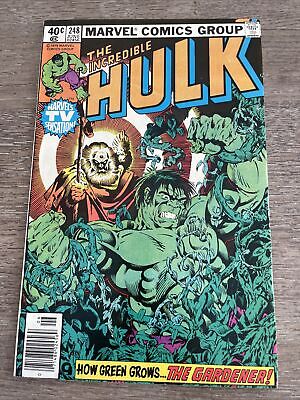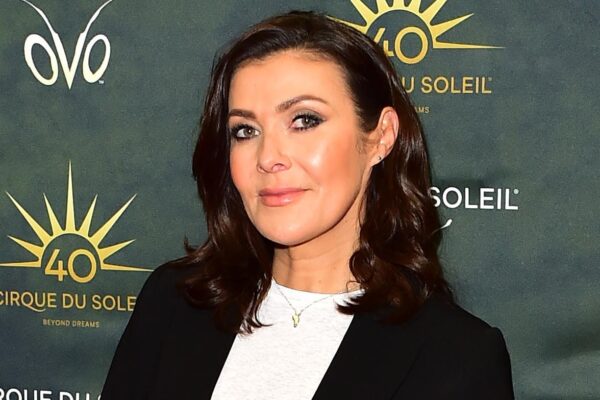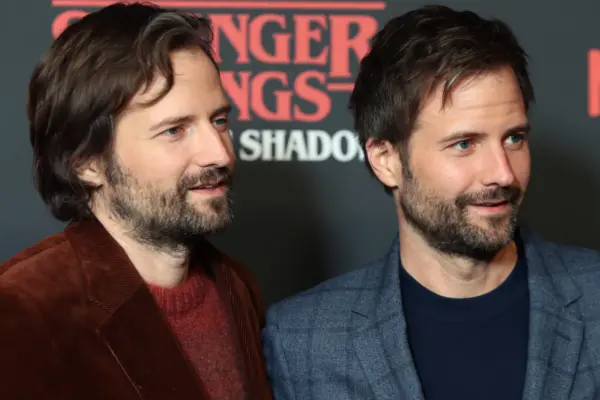
Introduction
Thanos, one of the most formidable villains in the Marvel Universe, has captivated audiences since his first appearance in the comics in 1973. Known for his immense power and complex motivations, he rose to prominence with the release of the Marvel Cinematic Universe (MCU) films, particularly ‘Avengers: Infinity War’ and ‘Avengers: Endgame’. His role as a cosmic nihilist who seeks to balance the universe through destruction has sparked discussions about morality, power, and sacrifice, making him a significant figure in contemporary pop culture.
Thanos in Comics
Thanos made his debut in Iron Man #55, created by writer Jim Starlin. Over the years, he evolved from a minor villain obsessed with death into a powerful antagonist with a complex backstory, particularly highlighted in the Infinity Gauntlet storyline where he acquires the powerful Infinity Stones. This arc not only showcased his strength but also his philosophical beliefs, exploring themes of love, loss, and destiny.
The Titan in the Marvel Cinematic Universe
Thanos’s portrayal by Josh Brolin in the MCU marked a significant evolution in the character’s public perception. Introduced in a cameo in The Avengers, Thanos became the central figure of the Infinity Saga, culminating in two major films. His infamous snap, which led to the disintegration of half the universe’s population, forced heroes and audiences alike to grapple with the weight of loss and the ethics of his grim solutions to overpopulation. His character resonates deeply within the narratives of power, sacrifice, and the cost of saving the universe.
Cultural Impact
Thanos has transcended comic books and films, influencing various aspects of modern culture. His infamous quote, “I am inevitable,” and the visual representation of the Infinity Gauntlet have permeated memes, merchandise, and discussions on social media, illustrating both admiration and critique of his complex philosophy. The character has sparked debates regarding authority and the lengths one should go to attain peace, making him a compelling subject in various media discussions.
Conclusion
Thanos stands as a testament to how villains can evoke a blend of fear, respect, and reflection. His depiction in comics and film invites audiences to ponder profound questions about morality and the fight for balance in the universe. As Marvel continues to expand its cinematic and comic universes, the shadow of Thanos looms large, promising to challenge new generations of heroes and audiences to question the true meaning of power and sacrifice. Looking forward, the legacy of Thanos may influence a new wave of storytelling in both literature and film, highlighting the multifaceted nature of villainy in society.
You may also like

The Vital Role of Live Shows in Modern Entertainment

Kym Marsh: A Journey Through Entertainment and Achievement

Are the Duffer Brothers Twins? Exploring Their Relationship
SEARCH
LAST NEWS
- Remembering Wendy Richard: The Promise to Co-Star Natalie Cassidy
- How Did Anglian Water Achieve an ‘Essentials’ Rating for Mental Health Accessibility?
- Shai Hope Leads West Indies in T20 World Cup Clash Against South Africa
- What We Know About Weston McKennie: Future at Juventus and Past at Leeds
- What We Know About the Upcoming Live Nation Antitrust Trial